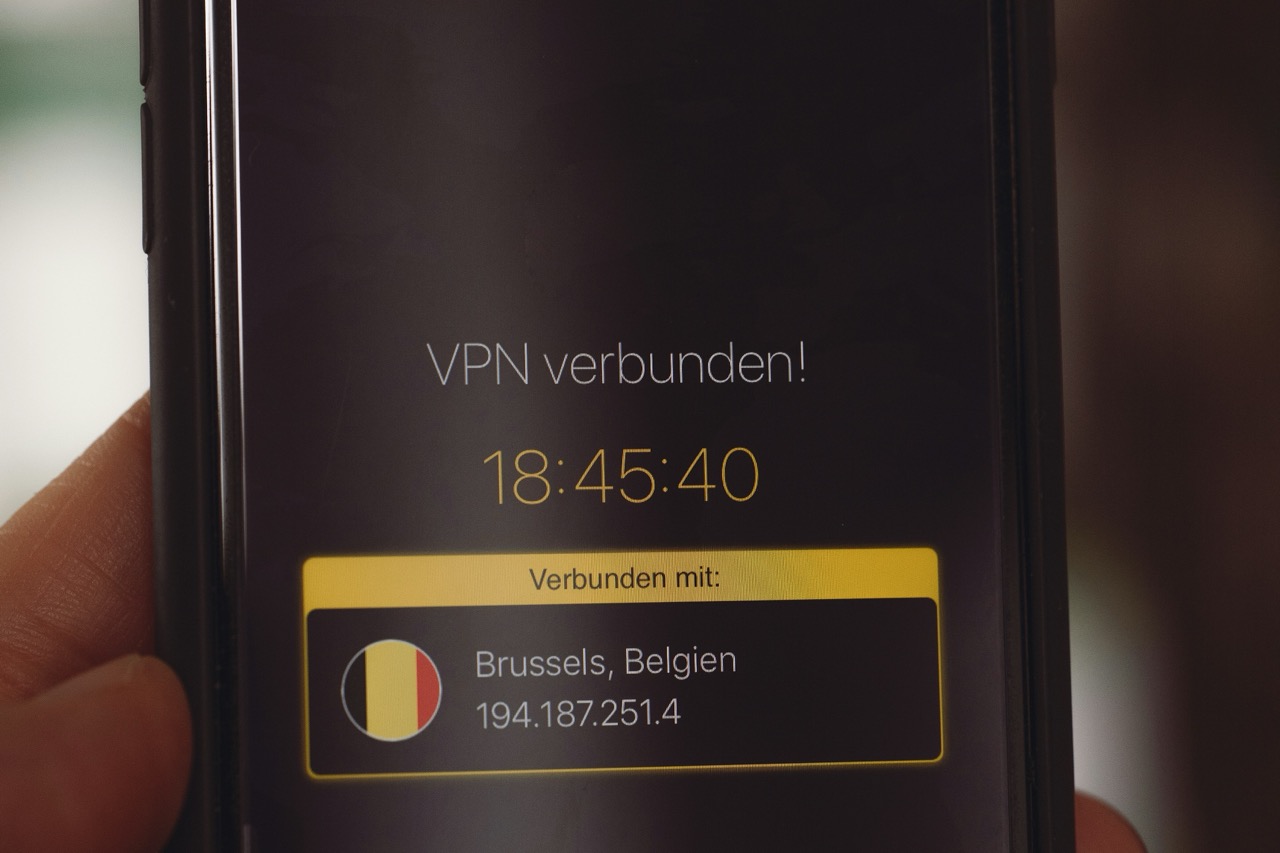The advent of the internet has revolutionized numerous aspects of daily life, including how individuals book travel. Among these technological advancements, Virtual Private Networks (VPNs) have gained traction as a tool for securing online identities while simultaneously granting users the ability to manipulate their apparent geographical location. This manipulation has opened the door for travelers to exploit regional pricing differences, particularly in airfare. However, the ethical implications of such practices warrant closer examination, as they intersect with issues of fairness, legality, and transparency in the global economy.
Understanding VPNs: Technology and Functionality Explained
Virtual Private Networks (VPNs) function as a secure tunnel between a user’s device and the internet, encrypting data and masking IP addresses. By rerouting internet traffic through servers located in different countries, VPNs enable users to appear as though they are browsing from those locations. This added layer of privacy serves dual purposes: it protects sensitive information from potential cyber threats and enables access to region-restricted content, including streaming services and localized pricing for flights.
The technology behind a VPN involves encapsulation, encryption, and tunneling protocols, which collectively protect the data being transmitted. Users can choose from various VPN providers, each offering specific features such as server locations, speed, and privacy policies. As a result, VPNs have become an essential tool for both individuals seeking privacy and businesses aiming to safeguard their proprietary information in an era of increasing cyber vulnerabilities.
However, while VPNs provide significant advantages, they also present complexities concerning their ethics and usage. The ability to manipulate geographical indicators raises questions about the morality of exploiting pricing structures that often hinge on the user’s location. As consumers become more knowledgeable about technology, understanding the implications of this manipulation becomes paramount in determining responsible usage.
The Economics of Flight Pricing: A Global Perspective
The airline industry utilizes sophisticated algorithms and data analysis to set ticket prices based on numerous factors, including demand, seasonality, and regional economics. Pricing strategies can vary significantly from one country to another, driven by local market conditions, consumer behavior, and purchasing power. Consequently, travelers may find substantial differences in flight costs depending on their geographical location, leading to a situation where the same flight is priced more favorably in one market over another.
This pricing model is rooted in the principles of yield management, a strategy airlines use to maximize revenue by adjusting prices based on real-time market data. By identifying trends and consumer patterns, airlines aim to optimize seat occupancy while meeting financial goals. However, this system can disproportionately impact international travelers, who may feel incentivized to employ VPNs to secure more favorable rates.
While the economic rationale behind flight pricing is clear, the resulting disparities create a complex landscape for consumers. It raises questions about fairness, access to travel for different demographics, and the overall impact on the aviation industry. Understanding these dynamics is crucial for consumers and policymakers alike as they navigate the ethical considerations surrounding the use of VPNs to exploit cheaper fares.
Ethical Considerations: VPN Use and Consumer Behavior
The act of using a VPN to access lower-priced flight tickets raises significant ethical dilemmas regarding consumer behavior and fairness. On one hand, consumers may argue that they are simply taking advantage of available technology to secure better travel options, viewing their actions as a rational response to an opaque pricing system. However, this viewpoint ignores the broader implications of such practices, which can perpetuate inequalities in travel access and undermine the pricing strategies of airlines.
Furthermore, the ethicality of using a VPN for cheaper flights intersects with the concept of regional equity. While consumers in wealthier nations may easily access lower fares through VPN usage, travelers from countries where ticket prices are considered exorbitant may not have the same luxury, creating an uneven playing field. This disparity can lead to ethical questions regarding the morality of exploiting regional pricing structures, particularly when considering the airline industry’s broader economic model.
Consequently, travelers must weigh the benefits of using a VPN against the potential harm it may cause to the industry and peers who may not be able to leverage similar tools. The decision to use a VPN extends beyond mere economics; it invites an introspection of personal values and the broader implications of one’s actions on global travel practices.
Legal Implications: VPNs and Regional Pricing Disparities
The legality of using VPNs to access cheaper flights varies by jurisdiction, complicating the ethical discussions surrounding their usage. In many regions, employing a VPN is legal and widely accepted; however, explicit terms of service agreements by airlines may deem such practices as violations. This creates a grey area where consumers must navigate the legal ramifications of their actions while attempting to secure cost-effective travel options.
Additionally, the concept of regional pricing raises legal questions regarding consumer protection and fairness. In some cases, airlines have faced scrutiny for price discrimination based solely on geographical location, leading to regulatory discussions about the legality of such practices. When consumers use VPNs to bypass these pricing strategies, it may further complicate the legal landscape, potentially leading to a cat-and-mouse game between travelers and airlines.
The intersection of legality and ethics necessitates a careful examination of consumer behavior, as individuals grapple with the implications of their choices. As the global travel landscape evolves, it becomes increasingly important for both consumers and regulators to engage in discussions about the legality of VPN usage and the broader ethical considerations of regional pricing disparities.
Transparency in Pricing: The Role of Ethical Travel
In an era where transparency is increasingly demanded by consumers, the need for airlines to clarify their pricing strategies has never been more crucial. Ethical travel advocates argue that airlines should provide clear information about how ticket prices are determined, including factors such as market demand and regional pricing differences. This transparency would empower consumers to make informed decisions without resorting to the use of VPNs for cheaper options.
Moreover, increased transparency could foster a more equitable travel environment, where all consumers have access to the same information and pricing structures are fairer across regions. Airlines that commit to ethical pricing practices can enhance their brand reputation and build trust with customers, potentially mitigating the perceived need for consumers to manipulate their geographical data for better fares.
As travelers increasingly prioritize ethical considerations in their purchasing decisions, the demand for transparency in pricing could lead to structural changes within the airline industry. This shift may pave the way for new models that prioritize fairness and accessibility for all consumers, thereby reducing the reliance on VPNs for securing cheaper flights.
Future Trends: Ethical Travel Practices and VPN Usage
Looking forward, the interplay between ethical travel practices and VPN usage will likely evolve as technology, consumer behavior, and regulatory frameworks change. The trend toward responsible travel is gaining momentum, with consumers increasingly aware of the impact of their choices on global economies and local communities. As this awareness grows, travelers may seek alternatives to manipulating pricing systems through VPNs, opting instead to engage with airlines that prioritize ethical practices.
Furthermore, advancements in technology may lead to more sophisticated pricing algorithms that account for consumer behavior, reducing the need for VPN exploitation. Airlines may adopt more equitable pricing models that consider the overall economic landscape, ultimately providing fair access to all travelers regardless of their location. This shift would underscore the importance of ethical practices in the industry and potentially render VPN usage less advantageous.
Ultimately, the future of travel will likely hinge on the collective responsibility of consumers, businesses, and regulators to promote ethical practices. As the conversation surrounding travel ethics continues, the role of VPNs may evolve, urging travelers to reconsider how they navigate pricing in an increasingly interconnected world.
The ethical implications of using a VPN to secure cheaper flights reflect the complexities of global travel in a digital age. While the technology offers advantages in terms of privacy and access, the potential consequences for fairness and transparency in pricing cannot be overlooked. As consumers, businesses, and regulators engage in ongoing discussions about the intersection of technology and ethics, the future of travel will be shaped by the collective responsibility to foster an equitable and transparent travel environment, ultimately redefining how we approach the economics of flight pricing in a global marketplace.










